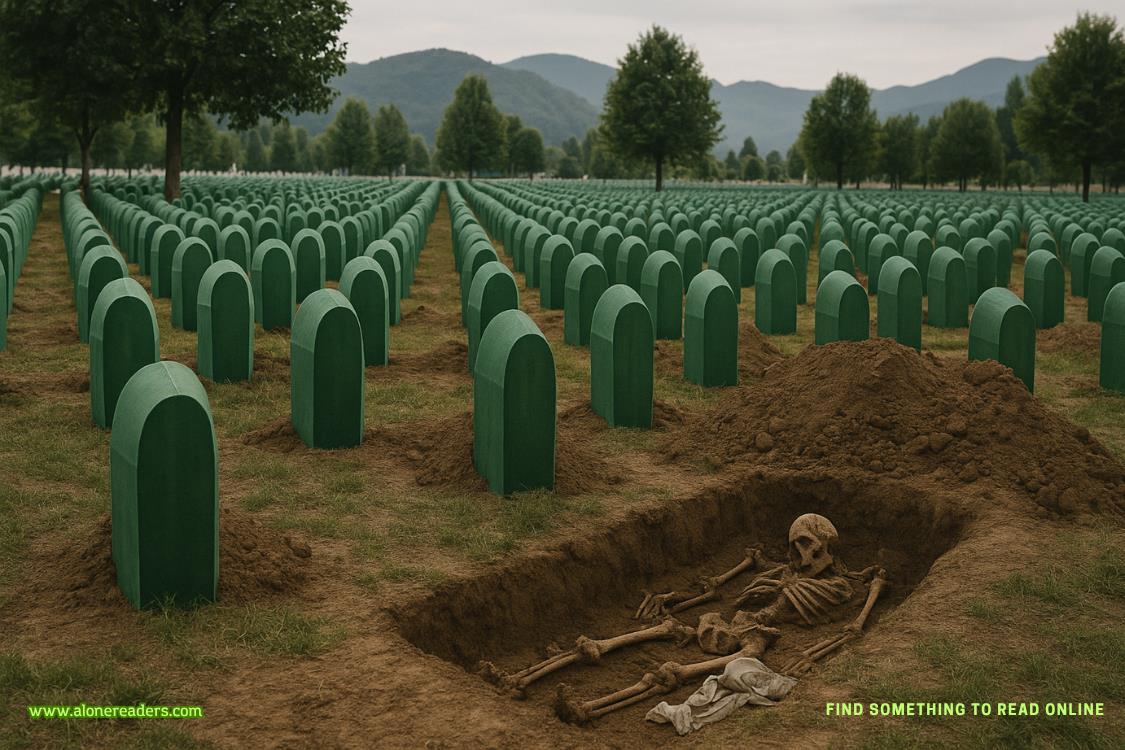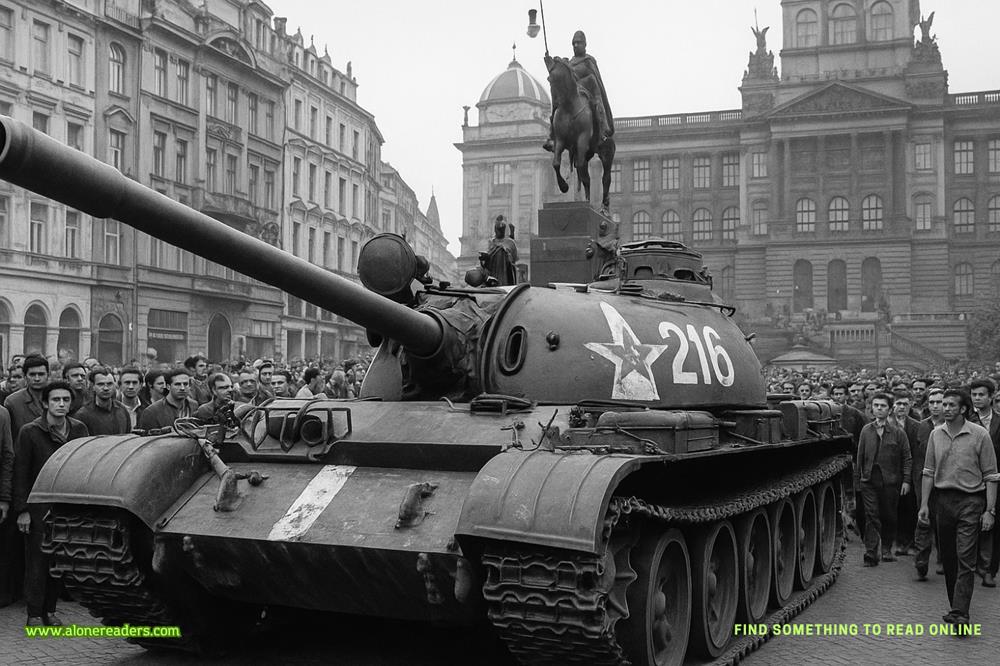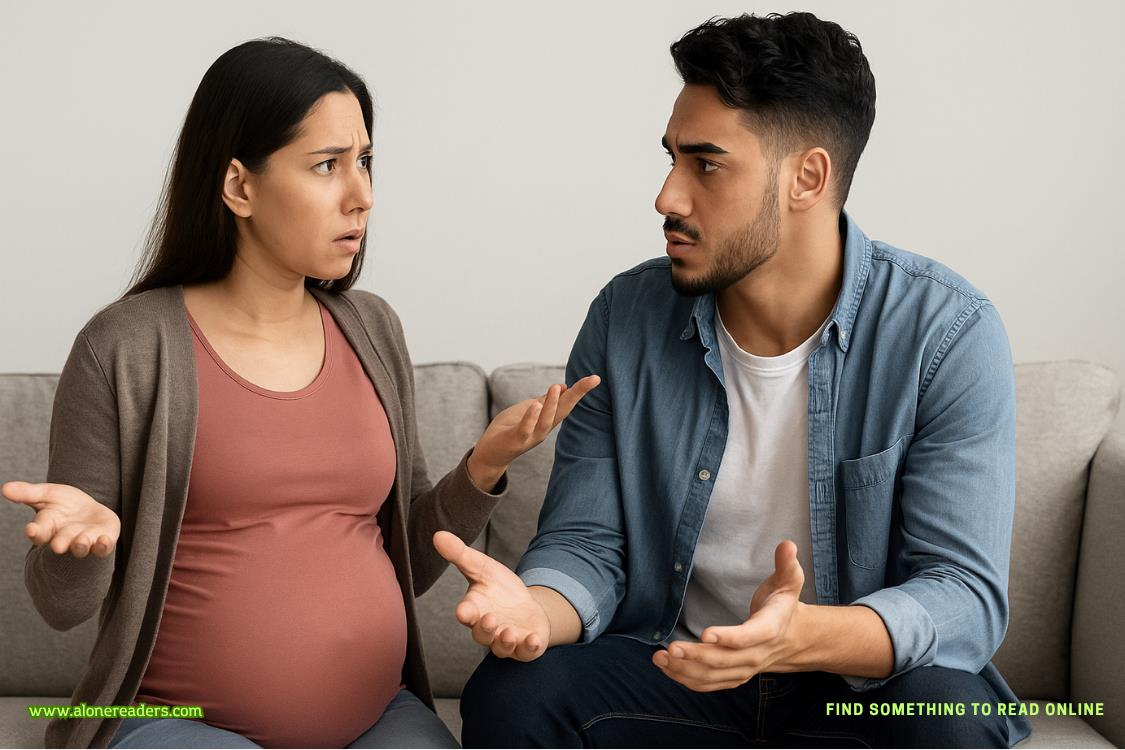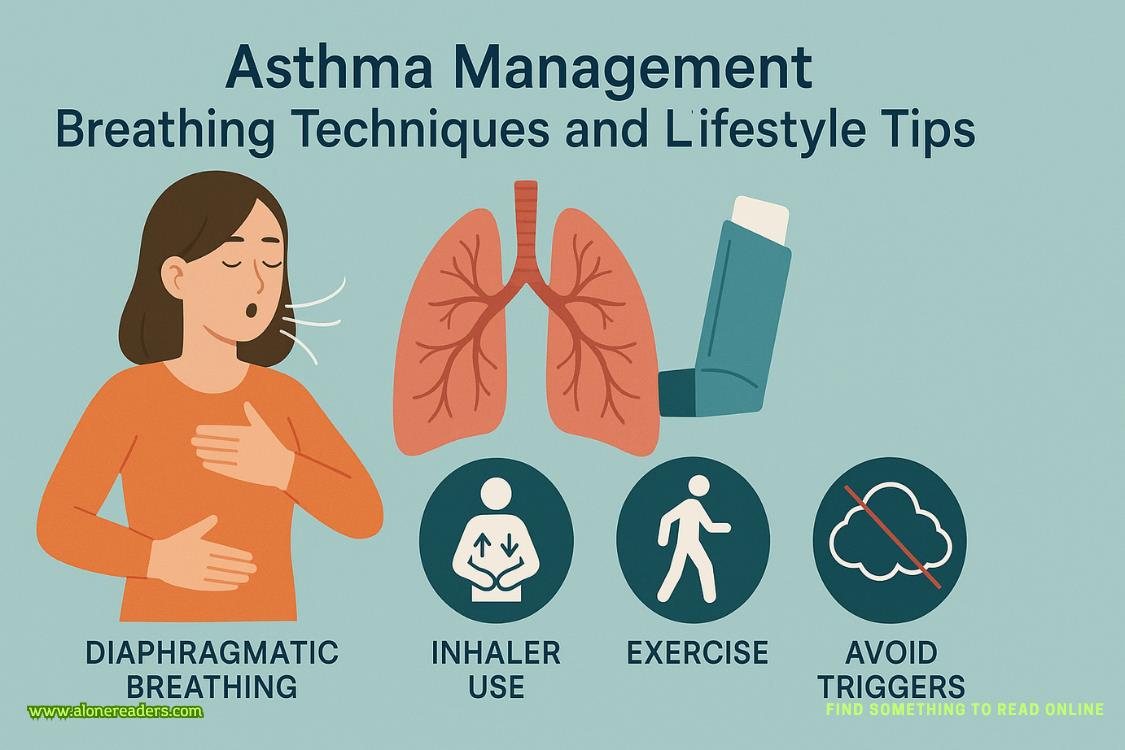Page 28 of All's Well that Friends Well
Marianne and I were part of the same group in high school—ate at the same table in the lunchroom, took the same limo to prom, studied together for the same tests and finals. There were five or six of us, and we were decently close, though not close enough to keep in touch. This is the first time I’ve seen her since we graduated.
I knew I might run into people from school here at Explore—and I’ve already seen Quincey Brewer—but somehow I didn’t expect an old friend.
Are we still friends? She’s giving me a look.
Like, alooklook. An awkward look. A bewildered look. Athis-is-weirdlook.
“I just started working here,” I say, straightening up despite my sore back. I refuse to admit that the heels were a mistake, either—at least until I get home—so I force myself not to wince at the bite of pain on the back of my feet. “I’m a cleaner.” It sounds more professional than the wordjanitor,but I hate that I even care.
Caring what other people thought of me was the gateway to a life that almost destroyed me. I won’t go there again. So I give in to the desire to slump, just a little bit.
I need a massage.
“Well,” Marianne says, the word skeptical and still confused, “it’s great to see you.” She gestures at the sink and goes on, “I’m just going to?—”
“Oh, of course,” I say, and she crosses to the sink. There’s a very awkward pause while she washes her hands, and the only goodbyes we exchange are halfhearted nods.
It’s a distinctly uncomfortable experience, though not for any reason I can pinpoint.
I spend the rest of the day cleaning and stocking the bathrooms and kitchen on the second floor, and by the time I’m able to go home, I haven’t seen Luca once. I did entertain brief thoughts of sneaking around to find where he works, but ultimately I decided against it; it felt like a bad idea for my first day. So I drift tiredly back to the storage room, bucket of supplies in hand, and clock out. I can feel Quincey’s eyes on me, but I ignore them.
I just want to go home and get out of these clothes. Shower. Moisturize. Lie down on my back. And then, once I’ve made myself as comfortable as humanly possible, I want to take the career evaluation.
I’ll see where my future truly lies.
I’mthe first one home when I pull into the driveway at five-thirty, but in the fifteen-minute window of my shower, IndiaandPoppy manage to show up—and Poppy doesn’t even live with us.
“Hey, Chickadee,” she says brightly to me when I round the corner into the kitchen. She’s sitting next to India at our little wooden table, and her sunshine smile is bright. Her dark curly hair is wrangled into a bun on the top of her head, but usually she lets it do what it wants, curling this way and that to frame her face.
“I haven’t seen you in forever,” I say with a pout, slouching over to her and leaning down to wrap my arms around her neck from behind. I rest my head on her shoulder as she hugs my arms and laughs, twisting her head to look up at me.
“It’s only been a week,” she says. “How was your first day?”
India nods from next to us, picking at a loose thread in her leggings. “Seconded. How was it?”
I sigh, and I’m just about to answer when I hear the garage door opening. India looks at me in surprise.
“Is Aurora home already?” she says. “This is early for her.”
She’s right; Aurora doesn’t work until eight every night or anything, but it’s not even six yet.
“I guess so,” I say as together we turn our heads and stare at the laundry room door, waiting for Aurora to emerge fromthe garage entrance.
Sure enough, ten seconds later she comes stomping in, her expression grouchy, her ponytail tighter than usual.
“Hey,” she says when her eyes land on us, her voice tired, her posture softening. “Hey, Pop,” she adds to Poppy.
“You look…” India begins, but she trails off into silence.
“Annoyed,” Aurora says succinctly. “I’m annoyed.”
India clears her throat, and I stand up, releasing Poppy from our hug.
“Did something happen with Bart?” I say. I drift closer to Aurora for a surreptitious sniff, just to see if she smells like cologne today—she does, but not as strongly. Then I casually redirect toward the cabinet where we keep Band-Aids and our basket of medicine. I pull out two Band-Aids for my feet and return to the kitchen table, waiting for Aurora to answer.
“Not really,” she says finally, stepping out of her shoes. She places them neatly on the shoe rack and wiggles her toes. “I don’t think?” She shrugs, and I’m not surprised; Aurora is not great with feelings or relationships or delving deep emotionally. She’d rather just clean the house top to bottom while blasting music until she can set her negative feelings aside.
“You don’t think?” India says, one brow quirked.















